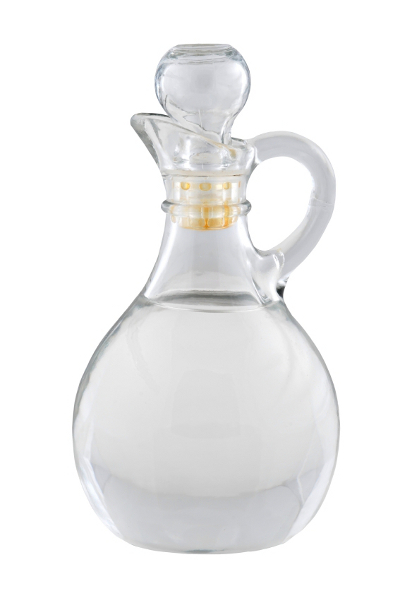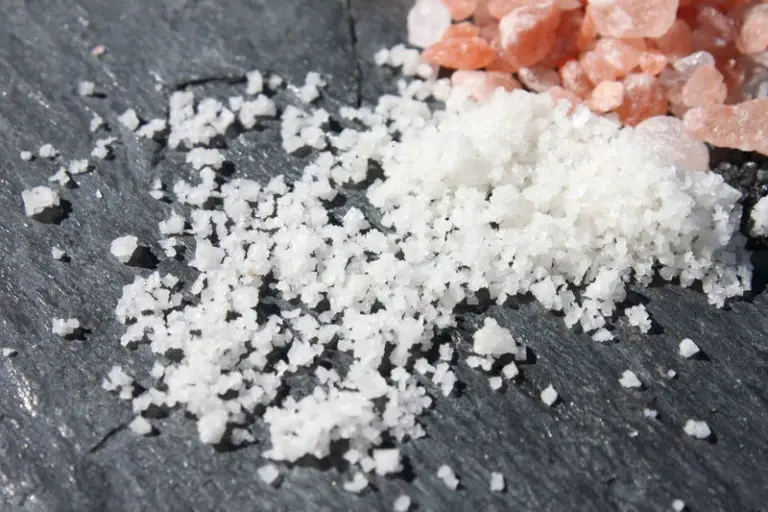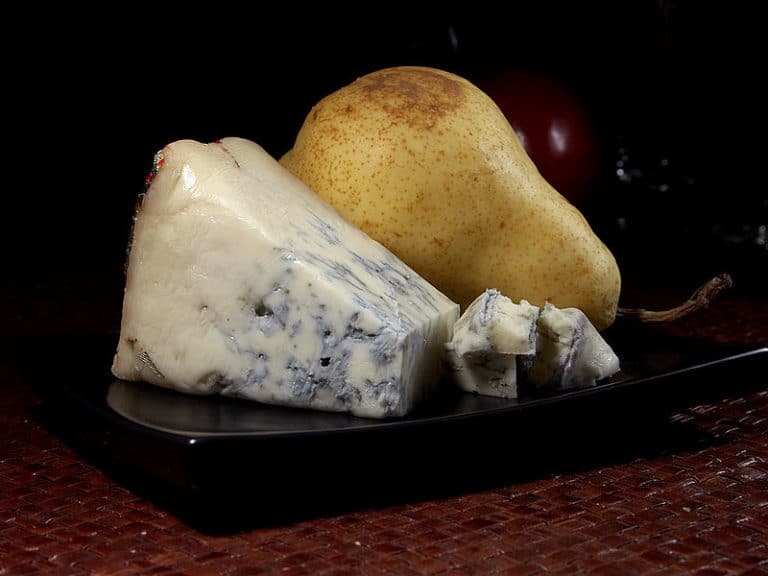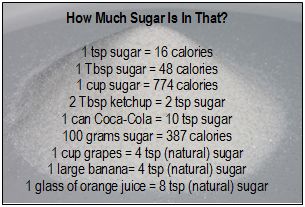How To Eat Vinegar Without Getting Sick

If you’ve been learning about gluten free foods for a little while, it doesn’t take long to discover there’s an ongoing concern about using vinegar. I find this topic interesting, because it’s representative of what goes on in the Celiac community. I need to explain what I mean by this statement.
I did a lot of research about vinegar. In 2000, the American Dietetic Association issued guidelines that included distilled vinegar as a safe food to eat by people with gluten intolerance. The Vinegar Institute, which is a trade organization, has also stated that vinegar doesn’t use ingredients containing gluten. On top of that, the Food and Drug Administration also doesn’t mention wheat in its vinegar Compliance Policy Guide.
Yet people who are gluten intolerant continue to doubt vinegar is safe to eat. I find this representative of the problems associated with being a Celiac. After being sick for a long time without a clue as to the cause, eating can actually become a scary experience. This in turn makes everything suspect and turns you into a doubting Thomas despite scientific research.
When I read the forums, I actually read in between the lines and find lots of fear. It’s understandable, but something that you need to conquer. Living with constant fear is not living in my opinion. I’m using vinegar as an example, but it can apply to a variety of foods.
Here are the facts about vinegar. First, it’s made with apples, grapes, corn, beets, wood, or rice sugars most of the time. If some odd imported brand were to be made with wheat it would say so on the label. Vinegar is made by fermenting the starting ingredient such as corn, and then distilling the alcohol the fermenting creates.
Here’s the key to distilled vinegar being safe for Celiacs. The gluten peptides (gliadin) cannot make it through the distillation process. Without getting into a long scientific discussion I can’t fully understand, it comes down to a matter of chemistry and solid residue size. The bottom line is there’s no gluten in distilled vinegar according to the government, the trade group, and the doctors and dieticians.
Even if the off brand vinegar is made with wheat it’s going to be gluten free because of the distillation process.
Yet, the debate rages on in the Celiac forums. First, let me say I use distilled vinegar regularly. I have taught myself to use oil and vinegar as my favorite salad dressing. The only vinegars I avoid are malt vinegars and some flavored vinegars if I think the label is not informative enough.
Some of the fear is actually generated on forums because people share their unique experiences. Some people write they used distilled vinegar and got sick. I believe them, but they didn’t get sick from gluten in the vinegar, because there isn’t any.
Sometimes it’s easy to confuse a gluten reaction with an allergic reaction. You can have gluten intolerance and allergies, and one can mask the other.
My point is everyone is different. If you tried using vinegar and it made you sick, then don’t use it. But don’t claim it has gluten and will make Celiacs sick, because it doesn’t. That scares other Celiacs into believing even gluten free food products are not safe.
I hope this doesn’t sound harsh, but it’s important to stay focused on the real issues. You don’t want to eat foods with gluten, and you should be spending your time looking at real threats such as prepackaged foods. Don’t let your attention get diverted onto peripheral issues that are really no longer issues.






